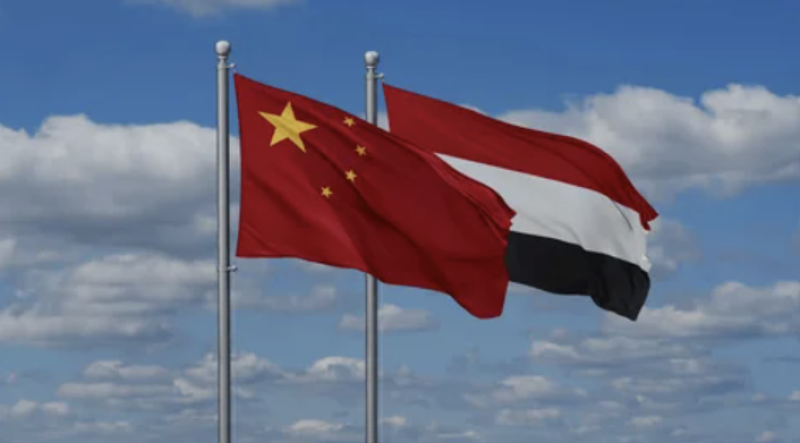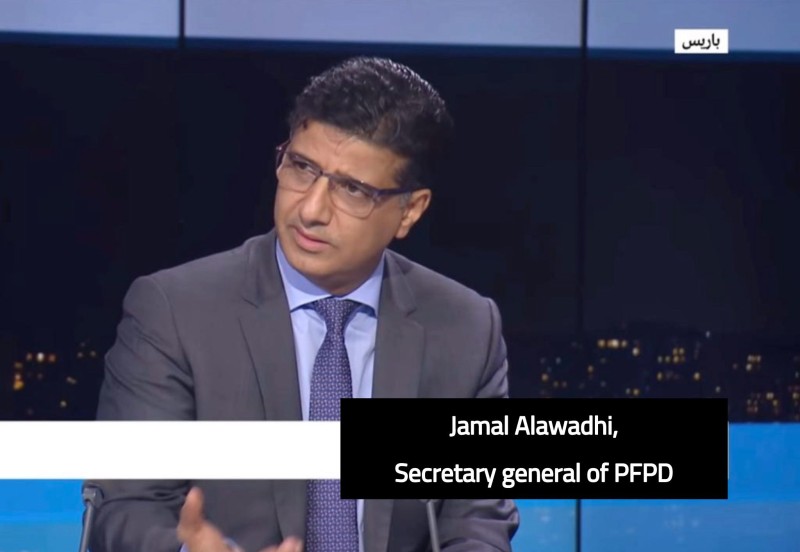Solar Energy Micro-Businesses in Yemen are Saving Lives


Conflict and food insecurity continue to be prevalent in Yemen. Since 2015, Yemen has been experiencing a civil war that has taken a seemingly irreversible toll on the country. Before 2015, Yemen was still considered the most vulnerable country within the region. Half the nation was living in poverty without access to clean water and the worst malnutrition rates. The violence from the war has left 80% of the country in urgent need of humanitarian aid. However, solar energy micro-businesses from a UNDP program in Yemen are helping civilians stay afloat.
Personal and food security are the most significant issues faced by Yemeni. Malnutrition has led to the spread of preventable diseases such as cholera and stunted growth in children. Currently, 70% of Yemeni live in poverty, and the economy has been devastated by five years of violence and civilian attacks.
Besides violence devastating the economy, failure to restore electricity in war-affected areas and naval blockades slowing oil imports caused an increased demand for solar power. Many stores quickly ran out of resources and even when resupplied, many common civilians could not afford them. When foreign countries grew aware of the situation in Yemen, the United Nations Development Programme decided to assist the mass population affected by electricity shortages, specifically women.
The U.N. Development Programme trains women on how to generate energy with solar panels so they can run their own small businesses. Through solar energy, the U.N. hopes to alleviate poverty in Yemen as the availability of resources allows for economic opportunities. With materials and training provided by the Development Programme, women can “sell energy to power community services, such as water and health systems.” The income received from micro-businesses provides women and families with food security and household necessities. Additionally, Yemeni women can gain economic independence through the U.N. program under UNDP. Women traditionally do not work outside of the home but with the current crisis, they are often the money makers of the family.
There are currently 200 functioning micro-businesses in Yemen thanks to the UNDP. The more affordable energy source is providing electricity for households, businesses, schools and health facilities, lessening the cost of electricity services. Since more facilities have the energy to provide services, travel costs have also lessened. This allows more money to be saved by families for food and other necessities. Arvind Kumar, the U.N. project manager stated in a press release, “To overcome the risk of food insecurity you need to have income opportunities.”
One of the many sectors that have been positively affected by the surge of solar energy is the education system in Yemen. Currently, two million children have been displaced from education opportunities due to a lack of funding, energy and safety. Now, 21 schools are connected to solar energy and 159 schools have requested to receive solar energy with plans underway to distribute the resource and connect them. It is estimated that hundreds of schools in Yemen’s governorates will receive access to solar energy. Access to solar energy has encouraged more children to attend school as conditions are more comfortable, safer for their health and better for information retention.
Along with bettering education opportunities for the Yemeni youth, solar energy businesses help make up for the economic deficit created in the agricultural sector. Most men were drafted into fighting the five-year war, meaning the agricultural sector was low on field workers and soon food began to cultivate slower. This sector had employed 55% of the labor force in Yemen and when the war began, the number dropped significantly. Supporting the program that provides women with jobs outside of the house and economic independence spurs local economies and improves national gender equality.
This solar power project developed by UNDP strives to create resilience in Yemen’s rural areas where 70% of the population resides. An estimated 1,340,000 people will benefit from this program and the businesses that come from the program. Moreover, 400 health facilities and 800 schools will also benefit from these businesses and the program. Additionally, schools and facilities are directly affected, with carbon emissions dropping by 430,000 tons.
Throughout the five years of violence and suffering experienced by the people of Yemen, the prospect of something as simple as solar energy being the answer to the crisis seems improbable. However, based on the research and follow-up evaluations done by UNDP, there is a 100% success rate for these solar energy micro-businesses in Yemen. This shows a promising future for Yemen’s local and national economies, and thus its people.

Beijing -- China has called on all parties in Yemen to uphold the country’s sovereignty, unity, and territorial integrity, stressing the need…

By Jamal Al-Awadhi Paris- Over the past few days, certain parties have launched a highly charged political and media d…

Aden – Malaysia and Algeria have reiterated their firm positions in support of Yemen’s unity, sovereignty, and territorial integrity, w…